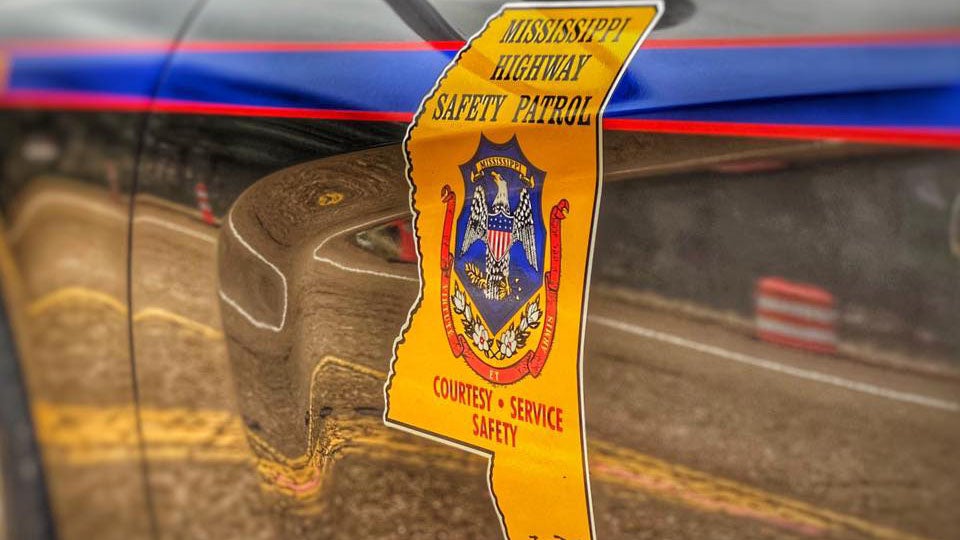Fledgling historical society hears insights on operations
Published 5:00 am Thursday, September 18, 2008
If there’s one thing the Lincoln County Historical andGenealogical Society learned from its Tuesday night meeting withrepresentatives from similar organizations in neighboring counties,it’s that no two societies operate in the same manner.
Insight was provided on the major question for the newly formedLincoln County group – how to go about finding, moving into andoperating a museum. But based on the varied background informationprovided by the society members of Amite, Copiah, Franklin andLawrence counties, there is no set formula for Lincoln Countysociety chairwoman Rita Rich to follow.
Rich and fellow society members in February had soughtassistance in forming the group and acquiring a building to serveas a museum from the Lincoln County Board of Supervisors, but theboard determined it was beyond their authority to direct the group.Since then, the society has formed as its own non-profitorganization and has recently begun the search for facilities.
“The historical societies as well as the museums are as variedas the counties involved,” Rich said after the meeting. “Therecertainly is funding available, and some counties will assist withthe buildings.”
One of the major questions for the Lincoln County group headinginto the Tuesday night meeting was whether their hostingmunicipalities financially assisted neighboring counties’societies. Some do, some don’t.
Based on the responses from other counties’ historical members,it seems the only way to gather taxpayer assistance is for thegroup to be housed in a historical or normal building the county orcity already owns and pays for.
Such is the case for the Amite County Genealogical andHistorical Society, which operates a historical building – not afull-fledged museum – once belonging to the Amite Female Seminaryand is now owned by the town of Liberty.
The deal struck there is that the society keeps the buildingalive while the town foots the power bill.
“The town pays for the upkeep,” said Amite County society memberHattie Nunnery. “They felt that if it was occupied it would bepreserved.”
Nunnery said Liberty pays for the building’s utility bills andprovides maintenance. She said the society is talking with thelocal chamber of commerce and county supervisors about furthersupport.
The Franklin County Museum in Meadville also has municipalfinancial support, only because it shares its facility with countyprograms.
Program Chairwoman Dorothy McGhee said her group shares itsone-room museum space with the offices of the Franklin CountyExtension Service, the Franklin County Chamber of Commerce and thecounty’s waste management department.
The situation in Lawrence County is mixed. Lawrence CountyHistorical Society Museum Chairwoman Joan Hartzog said the town ofMonticello provides her group’s museum – located in the historicalLawrence County Civic Center – with water, but the society pays forthe rest of the utilities. She said the group was working withlocal leaders to see if further funding is available.
The Copiah County Historical and Genealogical Society was theorganization most closely resembling the Lincoln County group. Bothsocieties are officially less than a year old, and neither hasacquired a home building or museum yet.
Copiah County society vice president the Rev. Glenn Shows saidhis group is not funded by any of the county and city governments,and so far the issue has not been discussed.
“We have met with our mayors, supervisors and chamber ofcommerce to talk about them supporting us, but funding has nevercome up,” he said. “We shared with them how we’re willing tosupport them and how they can support us.”
Shows said the support shown his group by local governments inCopiah County basically amounts to public relations. Severalmunicipalities have provided host sites for the sale of thesociety’s history book, he said, and help to spread the word aboutthe society’s projects.
Shows said the Lincoln County Historical and GenealogicalSociety is off to a good start, however, with the publication andsale of society brainchild Dr. Jack Tindall’s book, “Early Historyof Lincoln County, Mississippi.”
“The book is a good start,” Shows said, comparing it to theCopiah County organization’s own pictorial history. “We take ourbook to our leaders and say, ‘See what Wesson has in here? See whatGeorgetown has in here?’ Awareness is a big thing.”
Rich said the Lincoln County group would continue to work withBrookhaven and Lincoln County leaders for support of the youngorganization, and would soon begin holding fundraisers andmembership drives to grow the society.
Rich said she is speaking with a county resident who may beinterested in donating a historical home for use as the society’smuseum, though the talks are still preliminary. Besides, she said,the society needs to raise more than its current $12,000 indonations and book sales to properly maintain a museum.
“To have a museum, you have to have the big bucks,” she said.”And it doesn’t stop there.”




